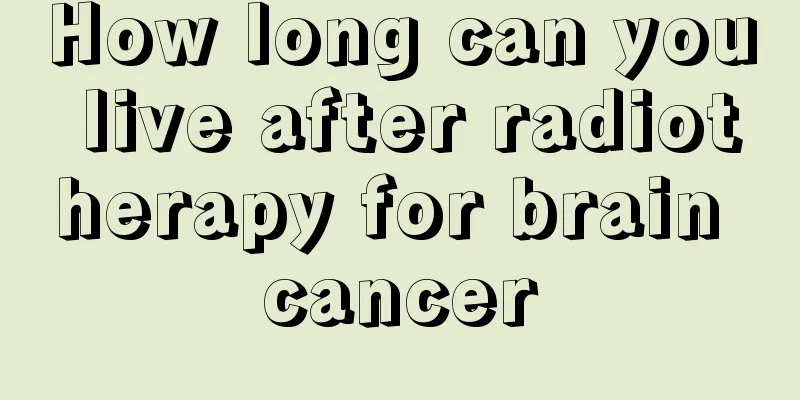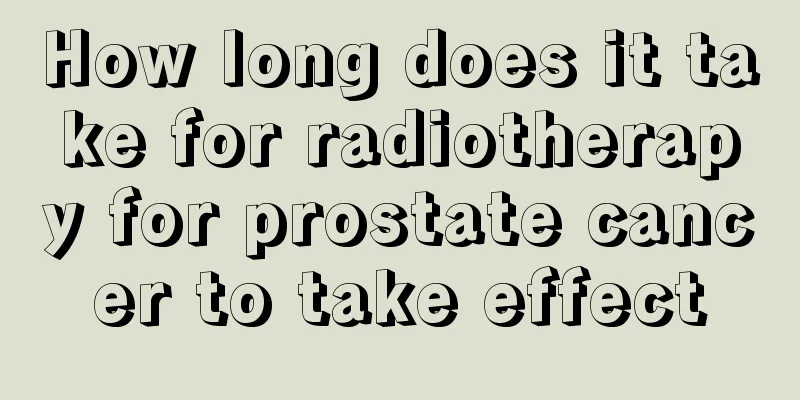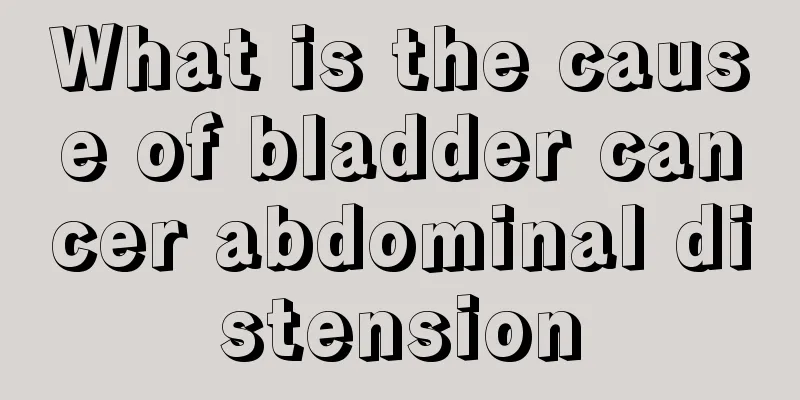Can a herniated disc heal itself?

|
Because of work or lifestyle habits, more and more people are suffering from the disease of intervertebral disc herniation. Many times, we think that only the elderly are more likely to suffer from herniated disc, but now more and more young people are also beginning to show symptoms of herniated disc. Many people believe that young people have strong body recovery capabilities and that herniated discs can heal themselves even without treatment. Is that really true? In fact, without treatment, the back and leg pain symptoms of some patients with lumbar disc herniation can heal themselves. But does this mean that lumbar disc herniation has disappeared? The answer is not that simple. The degree of herniation varies from patient to patient. For some people, the herniation is relatively mild and the symptoms may gradually disappear, but the lumbar disc herniation still exists. ▍How does lumbar disc herniation cause pain? The lumbar intervertebral disc is composed of an outer layer of annulus fibrosus and an inner nucleus pulposus. This structure is like a "glutinous rice dumpling". When the pressure of the intervertebral disc increases, the "dough" of the dumpling is squeezed and broken, and the "soup" inside, which is the nucleus pulposus, will flow out and compress the nerve roots that control the lower limbs, thereby causing radiating pain in the lower limbs. When the nucleus pulposus encounters the nerve root, inflammatory pain factors will be produced at the same time, further aggravating the pain in the lower limbs. The herniated nucleus pulposus compresses and irritates the nerve roots ▍How does the low back and leg pain caused by lumbar disc herniation disappear on its own? 1) Autoimmune reaction. When the nucleus pulposus protrudes, the body's immune system will automatically recognize the nucleus pulposus as a foreign harmful substance, identify and attack the nucleus pulposus, which can reduce the volume of the protrusion to a certain extent, and the inflammatory pain factors produced will also be eliminated to a certain extent. 2) Absorption of water by the nucleus pulposus. The protruding nucleus pulposus contains water, which will gradually be absorbed by the body after a certain period of time. Therefore, the protrusion will shrink, thereby reducing the pressure on the nerve roots. 3) The intervertebral disc retracts naturally. This view is currently controversial. Some scholars believe that after a certain amount of stretching activities, the protruding intervertebral disc tissue will naturally shrink, reducing the pressure on the posterior nerves. Slight disc retraction can relieve nerve root compression The above three factors will cause the herniated disc to retract slightly, which also means that the pressure on the nerve roots is reduced, but the herniated disc still exists. The pain is relieved only because the nerve root compression is relieved and the local inflammation subsides. ▍How to deal with lumbar disc herniation? When we have a herniated disc, we should not be overly concerned about whether the disc will heal on its own, but should focus more on how to relieve acute pain and prevent more serious problems in the future. If the pain in the waist and legs recurs repeatedly, surgical treatment should be considered, which can stop the recurring pain and prevent the occurrence of lower limb dysfunction. Patients with severe pain and lower limb dysfunction are generally recommended to undergo surgical treatment early, because these patients usually have severe compression from herniated discs and their low back and leg pain is difficult to heal on its own. Conservative treatment is generally recommended for patients with first-time illness and mild symptoms. With the development of minimally invasive spinal surgery in recent years, minimally invasive endoscopic technology has been applied to lumbar disc herniation. Compared with the previous surgery under general anesthesia and open surgery, the surgery can now be performed under local anesthesia, and the incision can be reduced to 8mm, and the patient can be discharged from the hospital on the same day of surgery. Therefore, as the trauma is reduced, doctors and patients are less concerned about the risks of surgery, and patients do not have to undergo surgery when the pain is unbearable. |
Recommend
How many days does it take for a boil in the ear to heal
Everyone will encounter boils, and the location o...
Dietary taboos for liver cancer
Liver cancer patients should avoid all irritating...
Tonsils and adenoids
The difference between tonsils and adenoids usual...
What are the early symptoms of lung cancer? Pay attention to these early symptoms of lung cancer
Pay attention to the early symptoms of lung cance...
What are the common symptoms of small cell lung cancer
Small cell lung cancer is a type of cancer. Most ...
What are the symptoms and signals of early bone tumors?
Bone and joint pain, bone lumps and movement diso...
Why is my urine always yellow?
A healthy body is the most important thing for us...
What to eat in the late stage of lung cancer? You should pay attention to these in your lung cancer diet
The main cause of lung cancer is that patients do...
What are the factors that lead to liver cancer? These 5 are the causes of liver cancer
Liver cancer is one of the diseases that is parti...
Is breast milk blood?
I often hear people from the older generation say...
Commonly used prescriptions for esophageal cancer
Commonly used prescriptions for esophageal cancer...
What is uterine cancer? What are the clinical manifestations of uterine cancer?
Uterine cancer usually refers to endometrial canc...
What is the reason for yellow soles?
Under normal circumstances, the color of the sole...
Can drinking aloe vera soaked in water help lose weight
Aloe vera was an ornamental plant in the past, bu...
Does kelp have a weight loss effect?
Kelp is a food that often appears on the table. P...









